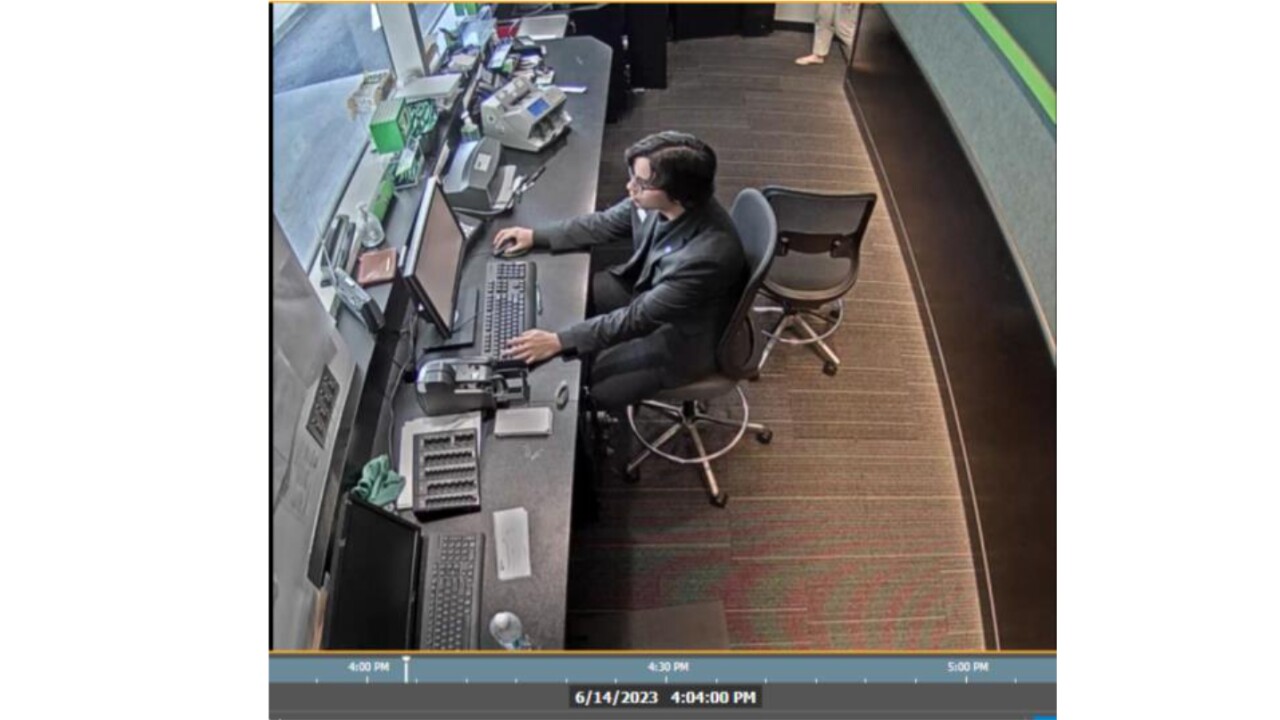Citigroup Inc. disclosed a new government probe involving the industry's trading and clearing of interest-rate swaps five months after paying $425 million to resolve claims that it attempted to rig derivatives markets.
The bank is cooperating with the U.S. Commodity Futures Trading Commission, New York-based Citigroup said Monday in a regulatory filing. The case is related to a 2015 antitrust lawsuit alleging that 12 of the biggest swap dealers blocked fund managers from trading the instruments on exchanges to preserve their profits, according to a person with knowledge of the investigation who asked not to be identified because the information isn't public.
The disclosure is the latest questioning the role of Wall Street's biggest dealers in helping determine the prices for a range of financial instruments. Authorities around the world have been clamping down on the derivatives and currency markets since 2013 after allegations that bank traders rigged benchmarks. In the currency market, more than a half-dozen lenders have been fined a total of more than $10 billion and scores of traders have been dismissed. Other investigations into gold markets and currency options are also under way.
Mark Costiglio, a spokesman for Citigroup, and Steven Adamske of the CFTC declined to comment. Citigroup agreed earlier this year to pay $425 million to resolve a CFTC claim that it tried to rig interest-rate benchmarks including ISDAfix from 2007 to 2012, without admitting or denying the allegations.
Defendants in the 2015 complaint include Bank of America Corp., Citigroup, Goldman Sachs Group Inc., JPMorgan Chase & Co., UBS Group AG, Barclays Plc, Credit Suisse Group AG and Deutsche Bank AG. ICAP Capital Markets LLC and Tradeweb Markets LLC were also sued. Bloomberg LP, the parent company of Bloomberg News, competes with ICAP and Tradeweb in offering swap trading to its customers.
Banks named in the antitrust lawsuit conspired to prevent their customers "from enjoying the critical benefits of exchange trading, including transparent and competitive pricing and faster execution," according to the 2015 complaint. "The dealer defendants did this for one simple reason: to preserve an extraordinary profit center."
Blocking changes to the market that would allow exchange-style trading resulted in profit equal to billions of dollars a year for the banks, the lawsuit alleged, without naming an exact figure.
Citigroup said in the filing Monday that both the trading and clearing of rate swaps were being probed. Previous CFTC investigations of ISDAfix and other markets have involved the trading of interest-rate swaps, but not necessarily the clearing of the instruments.
Under the Dodd-Frank Act, most rate swaps must be traded on electronic systems known as swap-execution facilities and then backed by a clearinghouse. The mandate is meant to improve price transparency for investors while a clearinghouse reduces the effect of a default on the broader market by requiring collateral in case a user goes bankrupt.
The changes mean that, theoretically, two investors can trade with each other, bypassing the investment banks' traditional role in this market.





